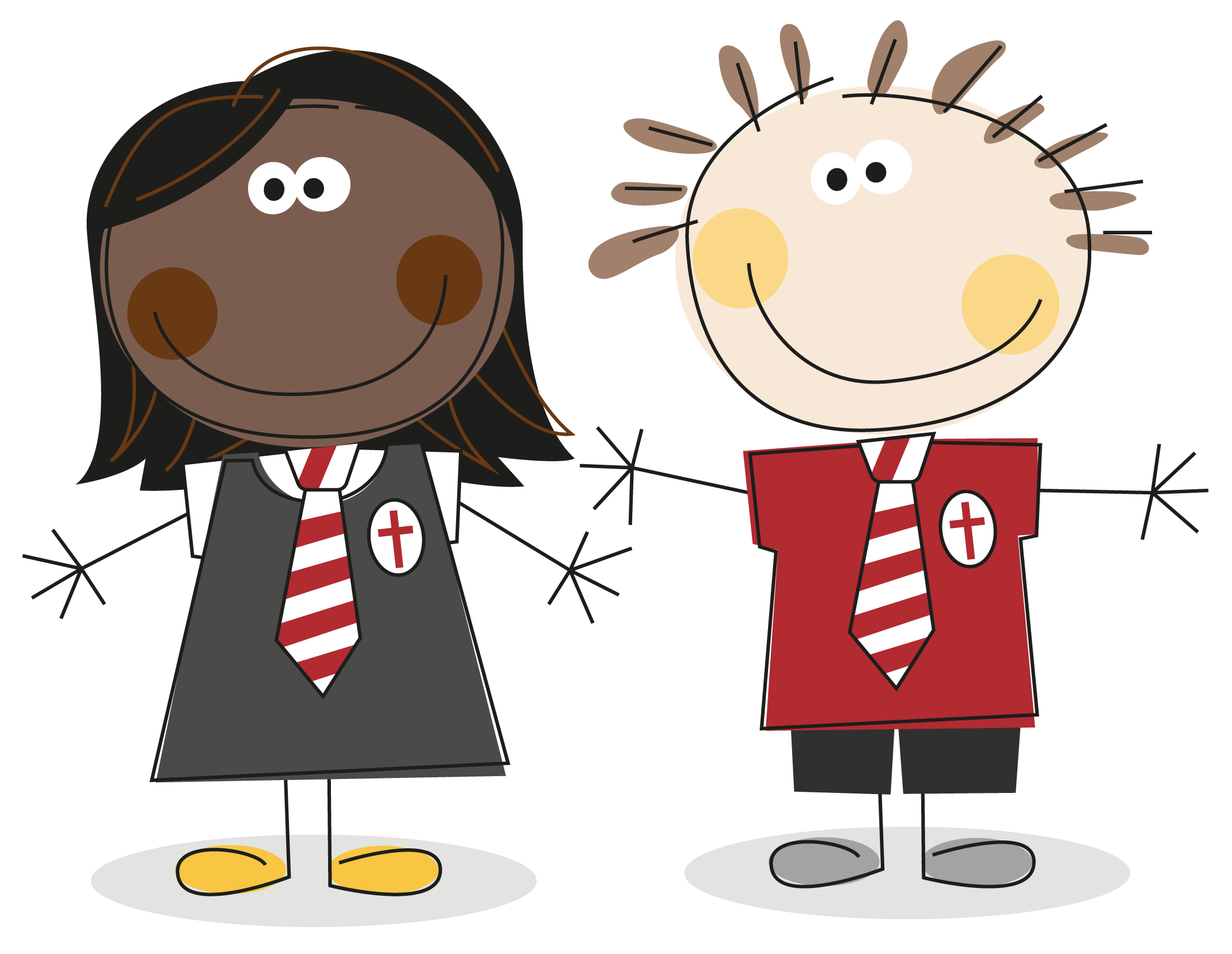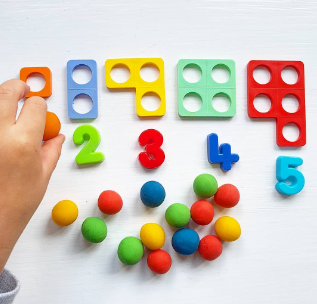Robins Class - Reception and Nursery
Finches Class - Year 1/Year 2
Swifts Class -Year 3/ Year 4
Kingfishers Class - Year 4 and 5
Eagles Class- Year 6
Starting School
Starting Nursery
The School Day
Parent Letters and Information
Friday Newsletter
School Meals inc Free School Meals
School Inspections/School Results
Term Dates
Uniform
Remote Learning
Moving On
School Council
Wrap Around Care
PTFA News
Pupil Premium & Sports Funding
Learning resources for your child
Policies
Mental Health & Wellbeing
Fundraising in School
Operation Encompass
Useful Links
Attendance


